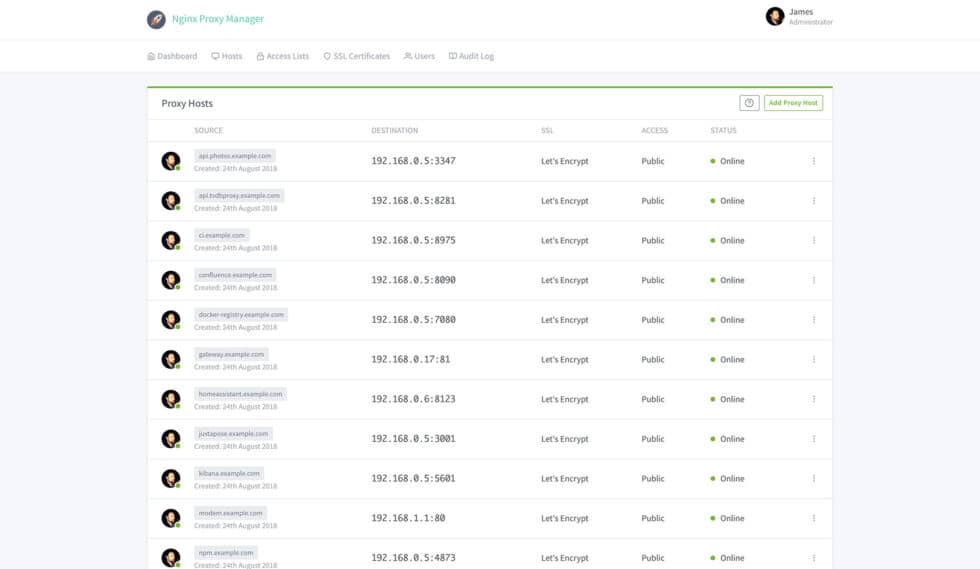Nginx Proxy Manager DDOS Protection
DDoS attacks can cripple a website or server by overwhelming it with a flood of incoming traffic. This can lead to downtime, slow loading times, and even complete unavailability of your online services. To mitigate the risk of DDoS attacks, it is essential to implement robust security measures, including using a reverse proxy server like Nginx Proxy Manager.
Nginx Proxy Manager is a powerful tool that helps you manage and secure your web applications by acting as a middleman between client requests and backend servers. It can also provide protection against DDoS attacks by efficiently handling incoming traffic and filtering out malicious requests before they reach your servers.
One of the key features of Nginx Proxy Manager is its ability to effectively distribute incoming traffic across multiple servers, reducing the risk of overload during a DDoS attack. By spreading the load evenly, Nginx Proxy Manager can help ensure that your servers remain operational even under heavy traffic.
How Nginx Proxy Manager Protects Against DDoS Attacks
When a DDoS attack occurs, Nginx Proxy Manager can detect and block malicious traffic in real-time, preventing it from reaching your backend servers. It does this by monitoring incoming requests and analyzing their IP addresses, user agents, and other parameters to identify suspicious patterns.
In addition, Nginx Proxy Manager can implement rate limiting and access control lists to restrict the number of requests from a single IP address or block a specific range of IPs known to be associated with DDoS attacks. This helps to prevent your servers from being overwhelmed by a high volume of malicious traffic.
Furthermore, Nginx Proxy Manager can also be configured to cache static content, such as images and CSS files, to reduce the load on your servers during a DDoS attack. By serving cached content to legitimate users, Nginx Proxy Manager can help maintain the performance of your website even under duress.
Best Practices for DDoS Protection
- Regularly update Nginx Proxy Manager and other software components to patch security vulnerabilities and improve performance.
- Monitor incoming traffic for suspicious patterns and take proactive measures to block malicious requests.
- Implement a Web Application Firewall (WAF) to filter out malicious traffic before it reaches your servers.
- Backup your data regularly to ensure that you can quickly restore your services in the event of a DDoS attack.
- Consider using a Content Delivery Network (CDN) to distribute content geographically and mitigate the impact of DDoS attacks.
By following these best practices and leveraging the advanced features of Nginx Proxy Manager, you can significantly improve your website’s resilience to DDoS attacks and ensure the continuous availability of your online services.
Protect your website from DDoS attacks with Nginx Proxy Manager today and enjoy peace of mind knowing that your online services are secure and reliable.
